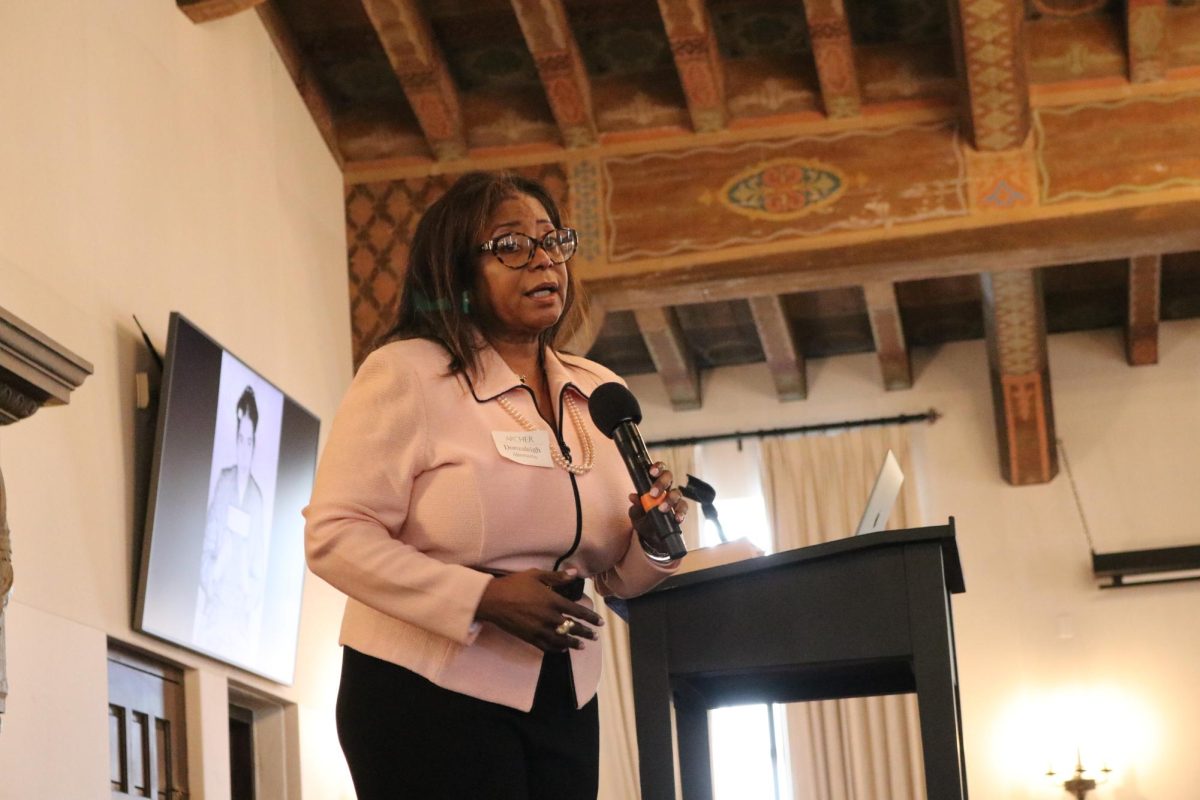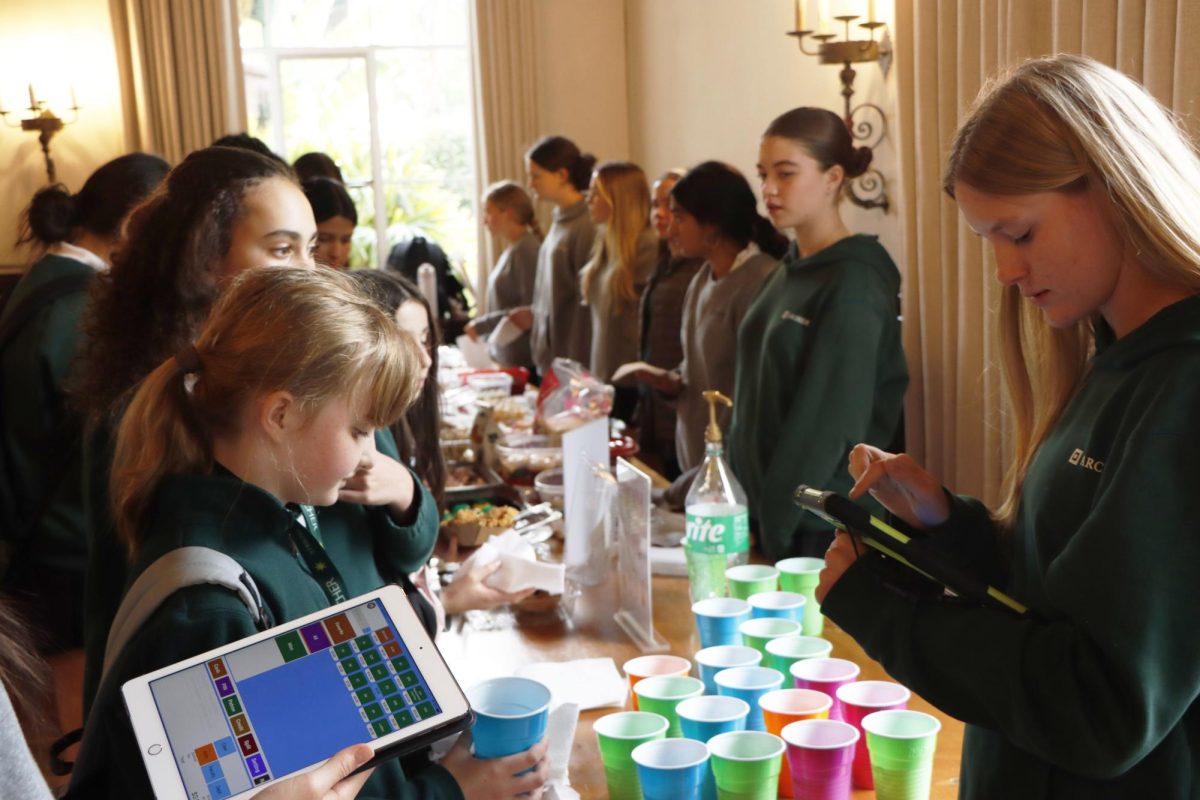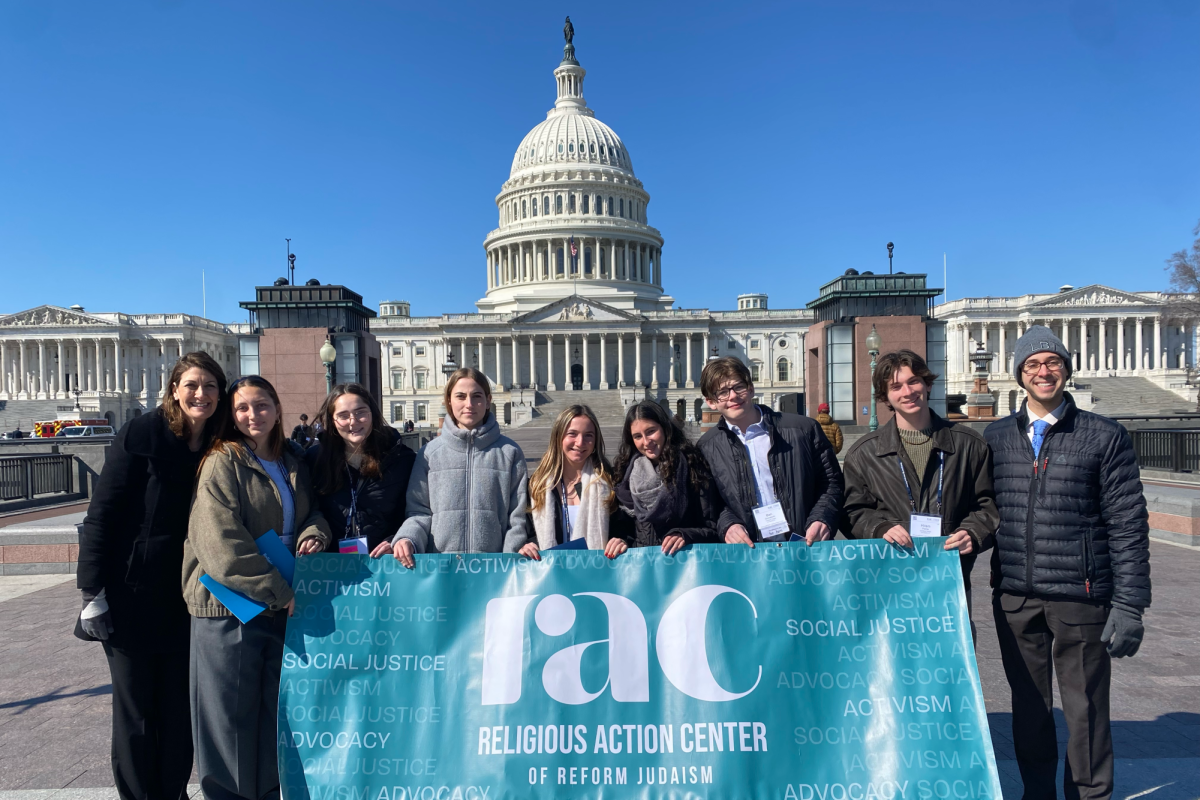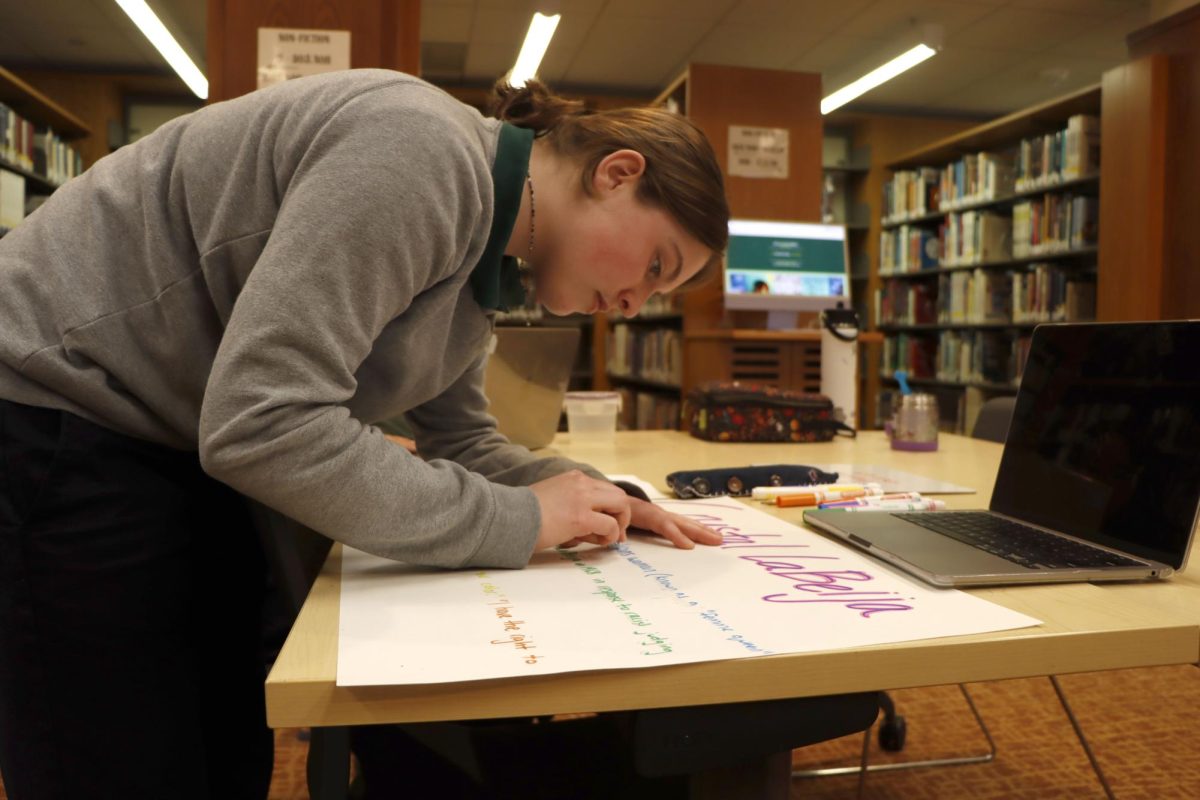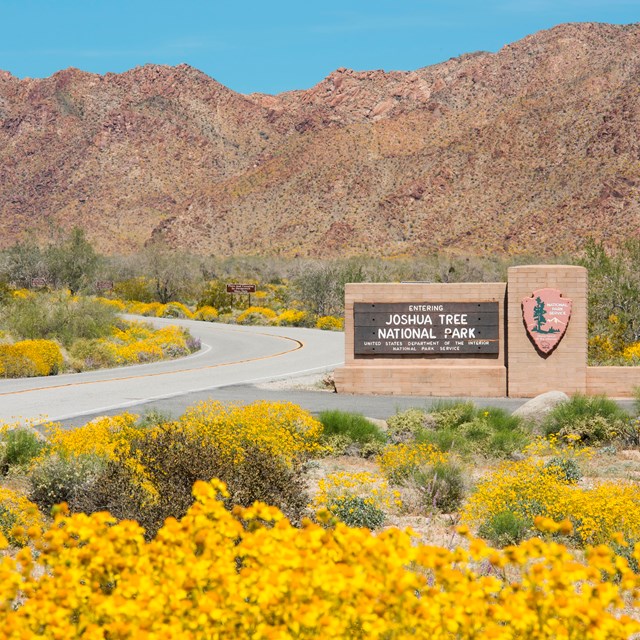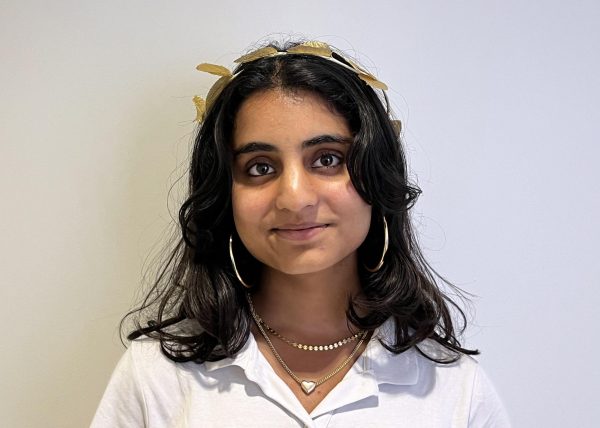Many states are failing to teach the full history of the Civil Rights Movement, even though it was a prominent era that shaped American history. Speaker, actress and author Donzaleigh Abernathy was alive during the Civil Rights Movement and said she aims to teach people about the more difficult truths of this era.
Abernathy was the featured speaker during FLX Block Wednesday, Jan. 10. She presented to Archer’s student body about her experience growing up as a young Black girl during the Civil Rights Movement. Abernathy talked about her book, “Partners to History,” which details her experience as the daughter of civil rights activist Ralph David Abernathy.
Abernathy was born in Montgomery, Alabama, in 1957 and grew up in Atlanta, Georgia. She and her family were very close with Dr. Martin Luther King Jr.’s family. The Abernathy and King families had Sunday dinners together, went on vacations together and their children attended school together.
Abernathy attended Emerson College. After graduating, she moved to New York and began her acting career. She has acted in multiple movies and television series, including “Dangerous Minds” and three episodes of “The Walking Dead.”
“I want you to know I’m going to tell you the story of my life,” Abernathy said. “They can’t pretend that this didn’t happen in my life.”
Abernathy went on to explain her life during the Civil Rights Movement for just over an hour. Throughout her presentation, Abernathy referred to Dr. King as “Uncle Martin.” English teacher James Russo commented on the highly personal aspects of Abernathy’s presentation and how they added another layer to a well-known part of history.
“It was a powerful historical document,” Russo said. “I was really drawn to more of the personal anecdotes that humanized some of these characters, like Dr. Martin Luther King. We have him on a pedestal, but he was a human being … [Abernathy] takes these people and makes them real.”
Abernathy emphasized the historic issue of segregation in restrooms as one example of racism before and during the Civil Rights Movement. She said the denial of a basic human need, such as a restroom, frightened her. This was not the only thing that frightened her, however. Abernathy also explained how the bombing on 16th Street Baptist Church killed five girls who were in the bathroom.
Abernathy said she remembered being terrified of using the restroom because of these events. Instead, she urinated on herself to avoid entering a public restroom. She said her mother sent her to school every day with a brown bag, soap, washcloth and a fresh pair of underwear to clean herself up.
“That’s called trauma,” Abernathy said. “You get over it and you keep going forward, but it still stays with you.”
Junior Isabella Veckerelli said Abernathy’s presentation was inspiring and richly steeped in history and experience.
“It was so inspiring,” Veckerelli said. “The way she communicated her experiences was so well thought-out.”
Abernathy closed the discussion by adding that the Black people of Alabama were “hungry for their freedom” and therefore willing to do anything they could to attain equal rights.
“Sometimes you don’t know what to do,” Abernathy said. “But it is better to stand for something good and die than to sit in the middle of comfort and be afraid.”



